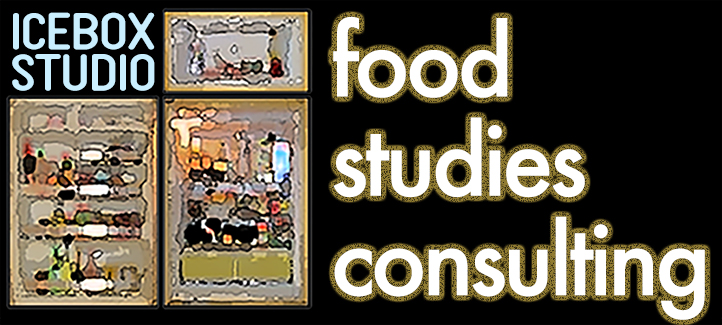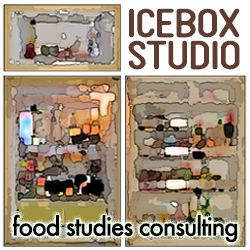I want you to succeed, while also wanting the same for myself and for food studies as a whole.
Where we start is with a discussion about what you need, when you need it, and how it fits in with the rest of the things that you’re doing. From there, it’s a negotiated process that suits us both.
Sometimes that means an exchange that is more ecosophic* than economic. If we can support the collective good through increased food security, more work opportunities, nurturing grad students, new knowledge, or better community relations, then the whole ecology gains value. That’s not to say that I don’t need money, but if there’s another kind of contribution to be made, it’s worth talking about.
Here’s a diagram of a consultancy process. Kind of organized, kind of messy. There’s a plan and outcomes, but also some surprises. Basically, it’s just like everything we do.


*ecosophy?
In food systems, things are very interconnected. Branding affects nutrition, digitization slides into agriculture, cuisine relies on media. Human bodies require refrigerators, restaurants, farms, and grocery stores. Farm animals entangle microbes, plants rearrange water supplies. If you’re working in one area, you’re touching them all.
Ecosophy is a perspective that recognizes and benefits from this connectivity. From individuals to societies to environments, what we do in the here and now has effects on the there and then. Ecosophy is a reminder to keep asking “What else is going on here, and what else do we need to consider?”

